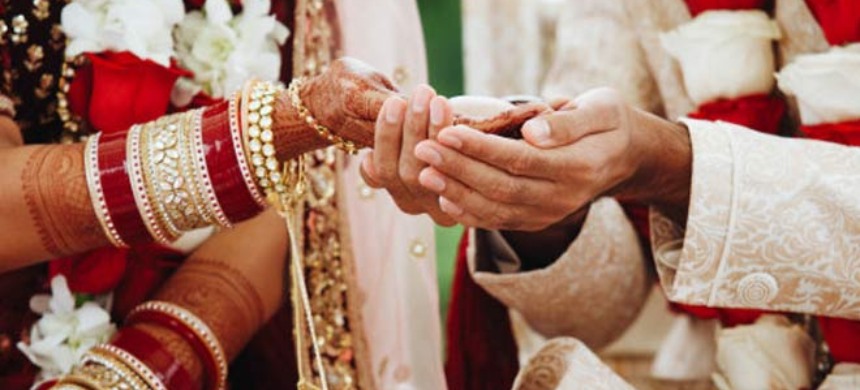Navigating Late Marriages in Pakistan: Breaking Stereotypes and Redefining Fulfillment
In Pakistan, where early marriage is often considered a societal norm for women, those who remain unmarried beyond their twenties frequently grapple with cultural expectations, economic pressures, and emotional challenges.
Lahore, a city that blends modernity with deep-rooted traditions, reflects evolving attitudes toward marriage. However, despite some progress, many women still face societal scrutiny when choosing to delay marriage.
Challenging Age Expectations
Historically, marriage has been regarded as a defining milestone in a woman’s life. However, with increasing educational and professional opportunities, perspectives are gradually shifting. According to the Pakistan Bureau of Statistics (PBS), the average age of marriage for women has risen from 22 in 2000 to approximately 26 in 2024, particularly in urban hubs like Lahore, Karachi, and Islamabad.
Read More: Diabetes Impacts Fertility in Both Genders Here’s How to Manage It
Yet, despite this shift, unmarried women in their late twenties and beyond often face undue judgment. In Lahore, a city where career-oriented women are celebrated, they are also simultaneously questioned about their marital status—illustrating the ongoing conflict between tradition and progress.
The Pressures of Late Marriage
Beyond social scrutiny, delaying marriage brings economic and psychological challenges. Many middle-class women are expected to contribute financially to their families while simultaneously navigating societal expectations.
Balancing Independence and Responsibilities
For many unmarried women in their late twenties or early thirties, financial independence comes with added family responsibilities. A 2024 report by the Punjab Commission on the Status of Women (PCSW) revealed that 42% of working women in Lahore contribute significantly to household expenses.
“I always wanted to marry for companionship, not because of societal pressure,” says Ayesha Malik, a 33-year-old marketing executive in Lahore. “But with aging parents and younger siblings depending on me, my priorities have shifted.”
Emotional and Psychological Toll
The emotional impact of delayed marriage is often overlooked. Many women experience isolation at family gatherings, where marriage remains a dominant topic. Unsolicited advice and matchmaking efforts further add to the pressure.
Dr. Sara Ahmed, a Lahore-based psychologist, highlights that societal expectations can lead to anxiety and self-doubt. “Many women fear being ‘left behind’ because their personal achievements are overshadowed by their marital status,” she explains.
The Marriage Market and Age Bias
Despite growing career opportunities for women, the traditional “marriage market” remains rigid. Women over 25 often face limited options, as many suitors prefer younger brides. A 2024 study by the Pakistan Institute of Development Economics (PIDE) found that 68% of men seeking arranged marriages favored women between the ages of 20 and 25.
“The rishta culture is unforgiving,” says Maryam, a 29-year-old schoolteacher from Lahore. “I met a man who seemed interested, but his mother dismissed me because I was ‘too old’ at 29.”
Redefining Fulfillment
Despite societal challenges, many women are forging new paths beyond traditional marriage norms. From entrepreneurship to travel and personal growth, they are redefining fulfillment on their own terms. Lahore has seen a surge in women-led businesses, with initiatives like the Women Entrepreneurs Network fostering financial independence.
Additionally, online platforms such as Soul Sisters Pakistan provide supportive communities where women can share experiences and challenge outdated narratives.
Towards Acceptance and Change
While progress is slow, the increasing visibility of successful, unmarried women is challenging conventional norms. The conversation around marriage must shift from being an obligation to a personal choice—one that does not define a woman’s worth.
The resilience of women navigating delayed marriages in Pakistan is a testament to their strength. They are not deprived of happiness or success; instead, they are redefining it on their own terms.











